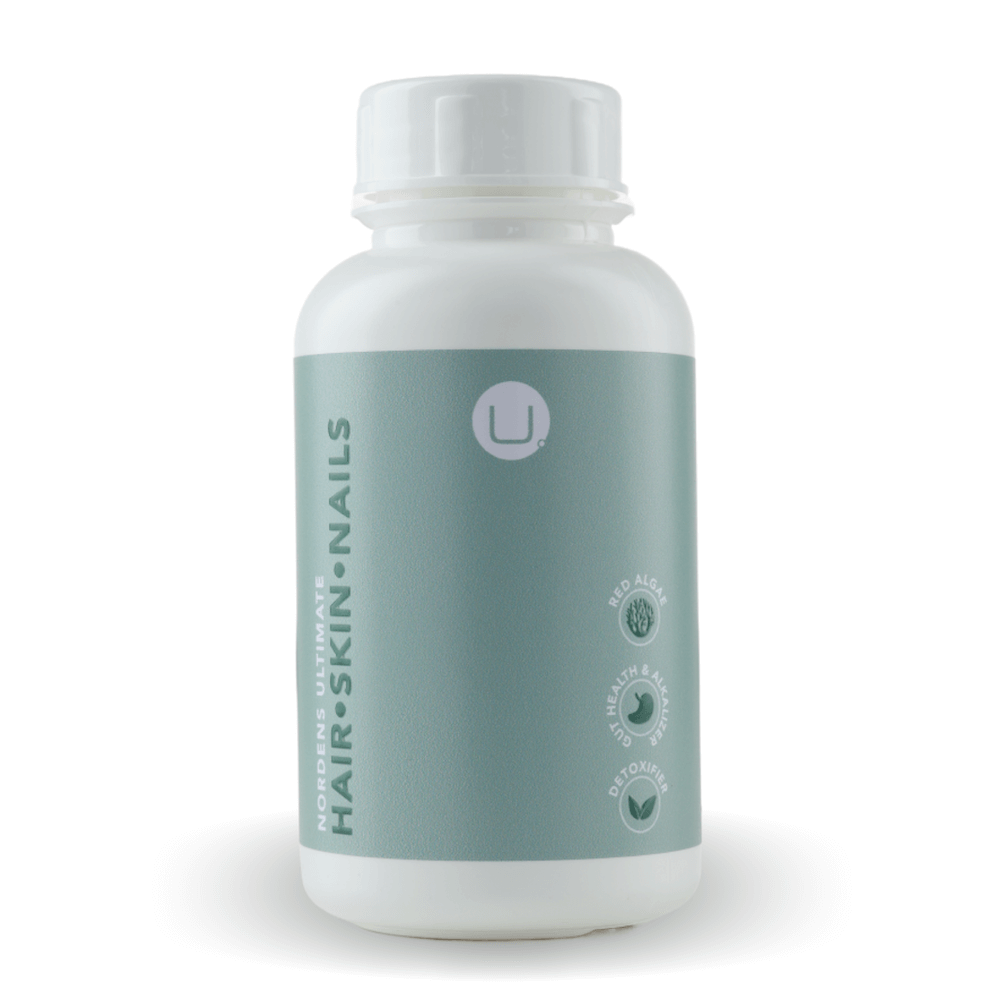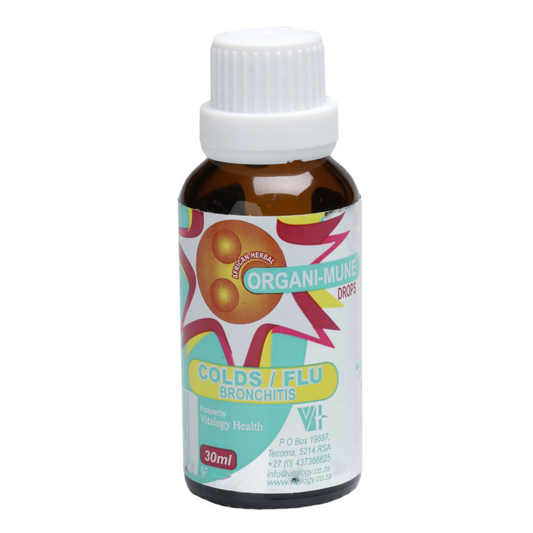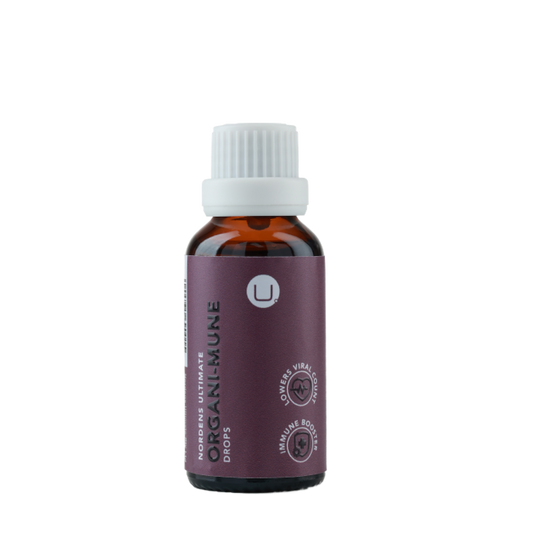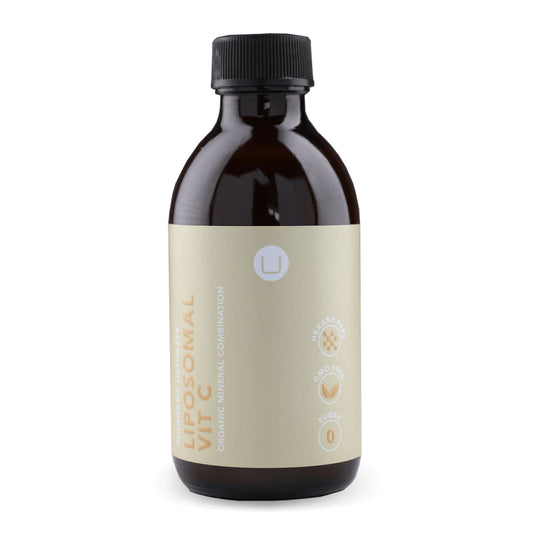"In a time of crisis, we all have the potential to morph up to a new level and do things we never thought possible.” – Stuart Wilde
Life may not be exactly what it was during COVID-19’s global outbreak, but is it all over? Not quite tbh. Here’s the lowdown on where we’re at according to the World Health Organization (WHO).
A Less Scary Picture: Think of COVID-19 now, like that annoying neighbor who occasionally borrows a cup of sugar (the virus). Vaccines, previous infections, and better treatments have made the disease generally less severe. Our immune systems are more prepared to fight it off, and effective medications can help those who do get sick recover faster.
Numbers Don't Lie (But Don't Tell the Whole Story): The WHO reports over 775 million confirmed cases globally. That's a big number, but it's important to remember testing rates have fluctuated and we’re talking about testing over three years. Also, many cases are mild and might not be reported.
The Great Debate: Pandemic or Endemic? This is where things get interesting. The WHO still technically considers COVID-19 a pandemic. However, some health experts say it's become endemic, like the flu. Endemic means a virus is constantly present but at a manageable level.
Here's the Catch: While COVID may be less disruptive, it's not gone on vacation. People with weakened immune systems or those over 65 are still at higher risk of serious illness. New variants are also a possibility, so staying informed and following public health guidelines are important.
Staying vigilant: While things are trending positive, it's important to remain vigilant. Here are some key points to remember:
- New variants are possible: The virus can still mutate, so staying updated on new variants and public health recommendations is crucial.
- Vaccination is considered the best defense: Getting vaccinated and boosted is the most effective way to protect yourself and others.
- Be mindful of your health: If you experience Covid-like symptoms, get tested and isolate to prevent spreading the virus. Make natural immune-boosting supplements a regular part of your health regime!
Mental and Emotional Wellbeing: A Top Priority The pandemic's mental health toll has been significant. Stress, anxiety, and social isolation have all taken their toll. Taking care of your mental and emotional health is just as important as your physical health.
Here are some easy tips:
- Maintain social connections: Stay in touch with loved ones, even virtually.
- Develop healthy routines: Regular sleep, exercise, and a balanced diet are key.
- Seek help if you need it: Don't be afraid to talk to a therapist or counselor if you're struggling.
- You Can't Control Everything: There will be things about COVID-19, like new variants or infection rates, that are simply out of your control. Focus on what you can do and try not to stress about the unknown.
Conclusion: Life may not be exactly what it was in 2019, but with a dose of knowledge, self-care, and a focus on the things we can control, we can navigate this new normal and move forward with a healthy mind and body.
Explore curesandcreams.co.za for Mindset Mastery, Health Articles and natural supplements and topical creams.
Take advantage of running specials, reward points and repeat order subscription benefits.
Disclaimer: This article is for informational purposes only and does not constitute professional medical or psychological advice. Please consult with a qualified healthcare professional for personalized guidance.





